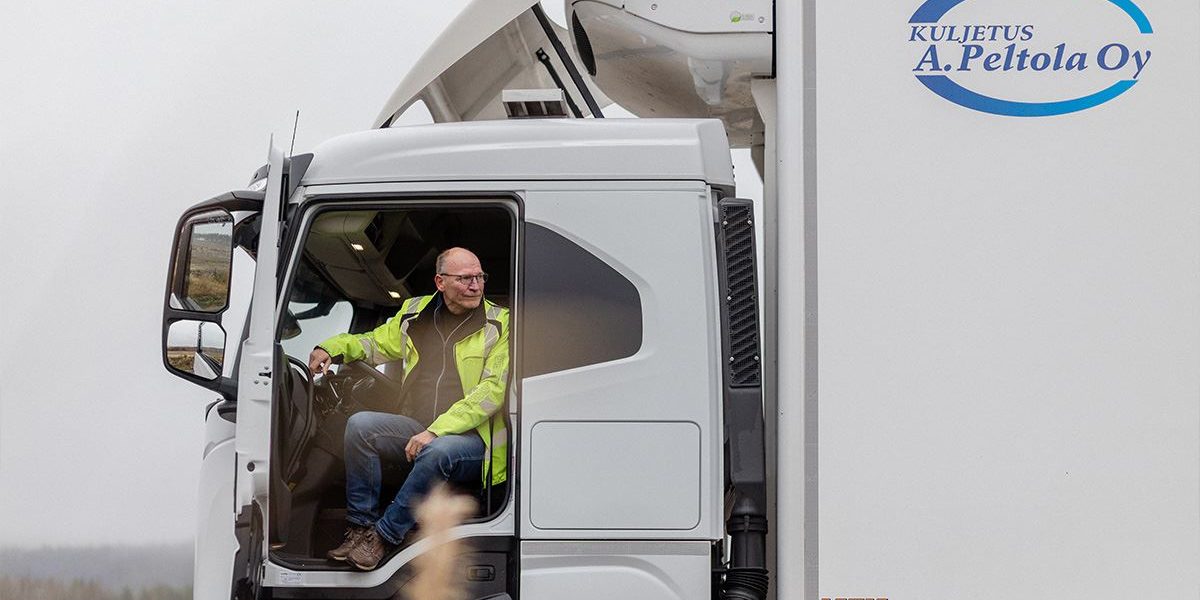Many companies are constantly thinking of new ways to make their operations more environmentally friendly. Orkla, a Nordic leading brand consumer goods company, has invested in transports using renewable natural gas from Gasum. Around a thousand products bearing the Orkla name can be spotted in grocery stores. In Finland, Orkla has production sites in Vaajakoski, where Panda confectionery is made, and in the Åland Islands, where Taffel chips and Oolannin frozen potato products are made.
“It was an easy decision to make since our logistics partner was enthusiastically involved. We have a responsibility to act as a leader in our industry and to enable more responsible consumption,” said Mauri Suuronen, Planning and Logistics Manager at Orkla.
Since 2014, Orkla Group has reduced greenhouse gas (GHG) emissions in its own operations by 65%. Renewable energy sources account for 47% of the energy used. It is one of the first companies worldwide to have its target of net-zero GHG emissions across the value chain by 2045 approved by the Science Based Targets initiative.
Responsibility plays a key role in production at Panda. Around 60 pallets of confectionery travel daily between Vaajakoski and Tuusula by biomethane. Natural gas trucks transport all the familiar Finnish classics such as Panda licorice and Juhlapöytä assorted chocolates, which, with Christmas just around the corner, will soon again be found in almost every household.
Storemen Logistics, Orkla’s logistics partner, first started to use a natural gas-powered truck more than two years ago and now has eight of them. “Environmental awareness has increased over the years. We concluded that we also needed to do something to lower our own carbon footprint,” commented Storemen Logistics’ managing director Jari Jokinen.
For Jokinen, the gas-powered vehicles have performed well as regards driving, refueling and servicing. There’s no difference in performance compared to diesel vehicles. “We use Gasum’s locally produced, fully renewable biogas. This means a reduction in emissions of as much as 90% compared to fossil fuels,” he added.
Gasum produces biomethane at 17 biogas plants in Finland and Sweden. Organic materials such as biowaste, wastewater, manure and industrial by-products are used as a biogas feedstock.
Kuljetusliike Ari Peltola Oy and Orkla also held contractual negotiations, the outcome of which was a decision to acquire an ecological natural gas truck. “Our aim has been to keep our fleet up to date and to use the latest technology. Loads of Orkla chocolate and chips are well suited to gas-powered deliveries,” said entrepreneur Ari Peltola, who believes that the use of NGVs will become more common in hauling light deliveries. A major factor in this trend has been the expansion of Gasum’s gas filling station network.
Source: Gasum







